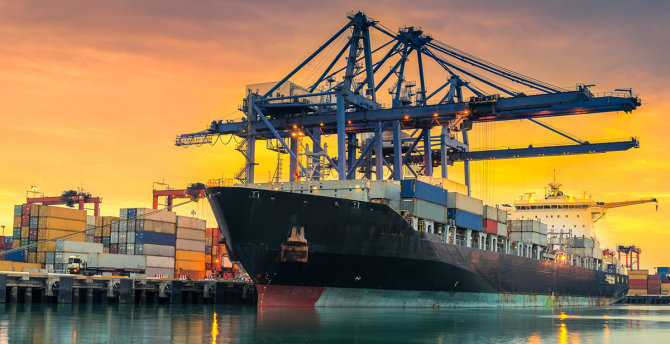
A little known law is costing Americans more than they know.
The Merchant Marine Act of 1920 — also known as the Jones Act — has been inflicting costs on Americans for almost 100 years. Three Atlas Network partners — the Grassroot Institute of Hawaii, the Cato Institute and the Mercatus Center — are working to inform citizens of the costs they bear from this act, in order to work toward reform.
The intent of the Jones Act was to maintain a strong maritime transportation industry after World War I. It sought to do this by requiring ships carrying goods between United States ports to be predominately American-made and American-crewed. For states and regions in the U.S. that are heavily reliant on sea transport, these requirements increase the costs of goods by prohibiting the use of less expensive foreign options. The Grassroot Institute of Hawaii understands these costs better than most, since it is located in one of the states heavily reliant on ship transportation.
“We seek to inform the public, lawmakers and the media about the damaging effects of the Jones Act to our economy,” said Keli’i Akina, Grassroot Institute of Hawaii president and CEO. “Many states might not know exactly how much the Jones Act affects their local economies, or the prices at their grocery stores. An update or repeal of the Jones Act can only happen if more people are informed about the law’s deleterious effects.”
The Jones Act not only increases the costs of goods. In the contiguous mainland states, it also leads to quicker deterioration of land-borne transportation infrastructure, by incentivizing the use of trucks and railroads for shipping, contributing as well to greater fuel consumption and pollution.
Additionally, stringent building requirements have led to a fleet of old and unsafe ships.
“On a 2015 voyage from Jacksonville, Florida, to Puerto Rico, the Jones Act-eligible cargo ship El Faro sailed directly into Hurricane Joaquin and sank, losing all 33 crew members — one of the greatest peacetime maritime disasters in modern American history,” said Thomas Greenes, in a policy report for the Mercatus Center at George Mason University. “El Faro was delivered in 1975 and it was required to follow the safety requirements of 1960 when it sailed in 2015. Safety standards are lower for older ships, and there is evidence that enforcement of standards is also weaker.”
At the Cato Institute, the federal shipping law is the focus of its Jones Act Project. Policy analyst Colin Grabow said the importance of the project “lies in exposing the costs of an overlooked law which impacts all Americans.
“Because of the Jones Act,” he said, “we all pay more for the items we purchase and suffer other costs, including increased traffic and a more polluted environment, than would otherwise be the case.”
Together, these three organizations are working to reform a law that is costly, harmful and downright dangerous.